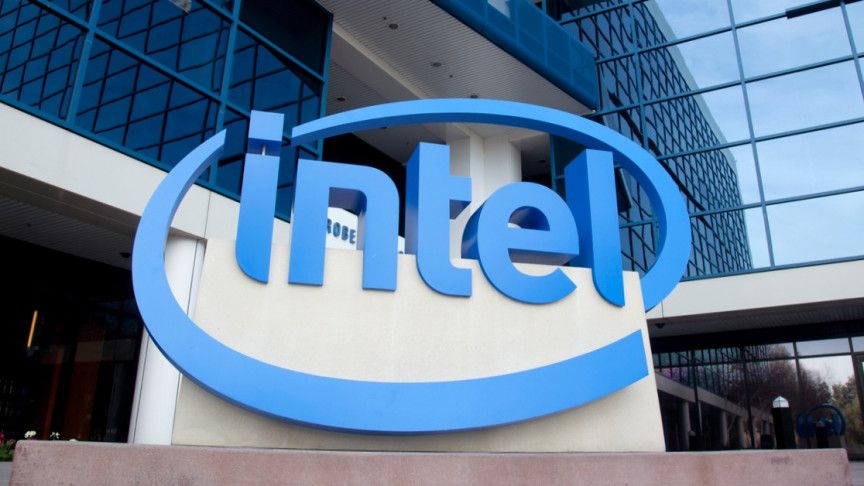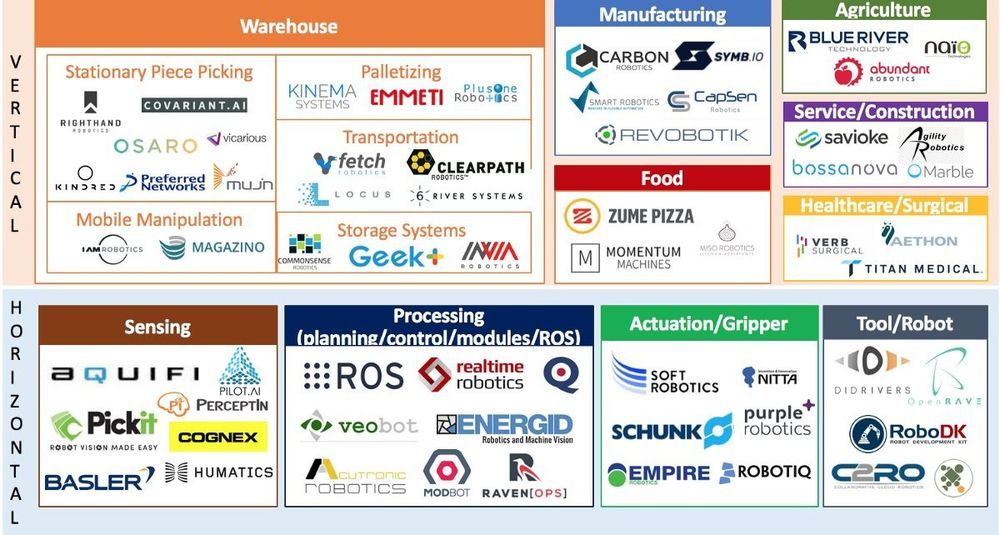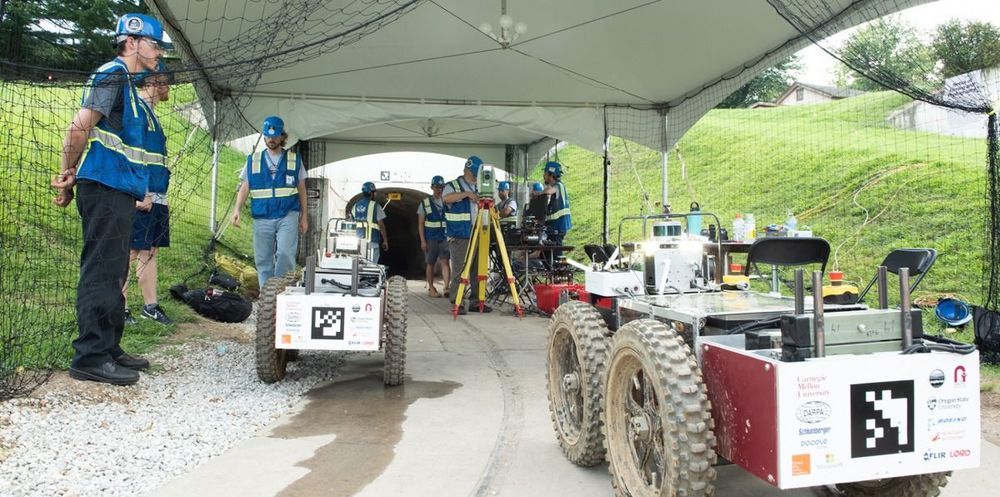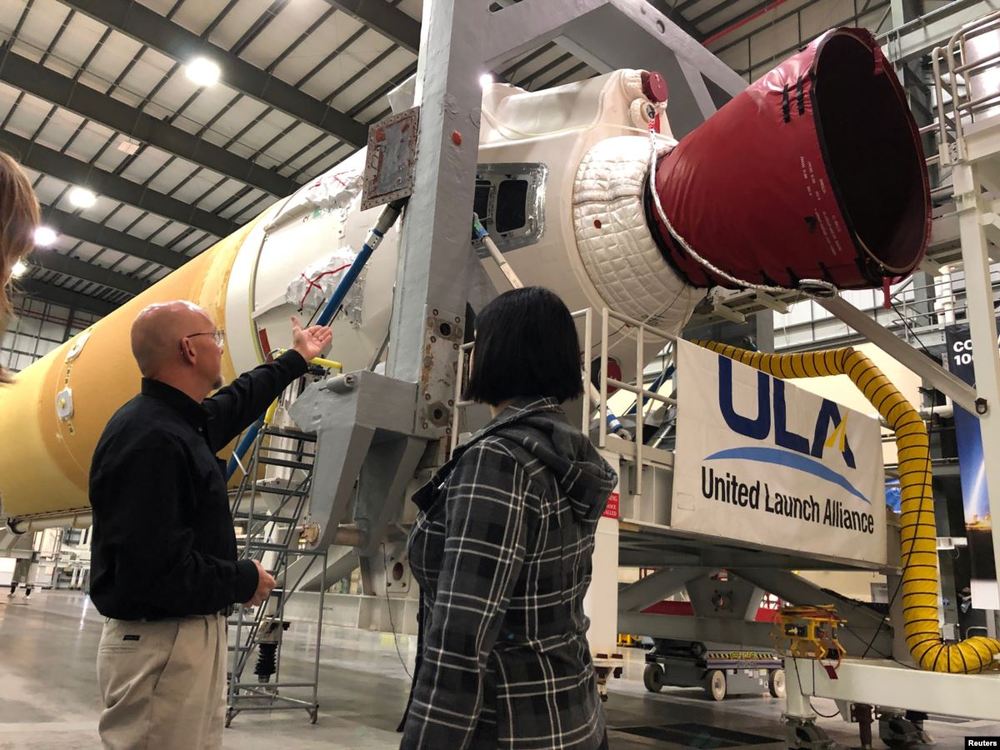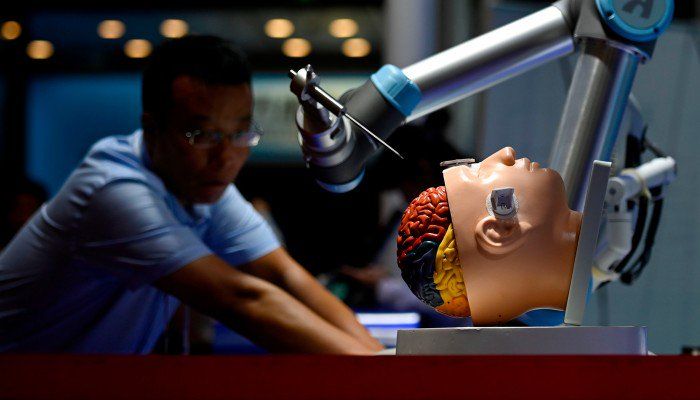The first-ever artificial intelligence simulation of the universe seems to work like the real thing — and is almost as mysterious.
Researchers reported the new simulation June 24 in the journal Proceedings of the National Academy of Sciences. The goal was to create a virtual version of the cosmos in order to simulate different conditions for the universe’s beginning, but the scientists also hope to study their own simulation to understand why it works so well.
“It’s like teaching image-recognition software with lots of pictures of cats and dogs, but then it’s able to recognize elephants,” study co-author Shirley Ho, a theoretical astrophysicist at the Center for Computational Astrophysics in New York City, said in a statement. “Nobody knows how it does this, and it’s a great mystery to be solved.” [Far-Out Discoveries About the Universe’s Beginnings].



